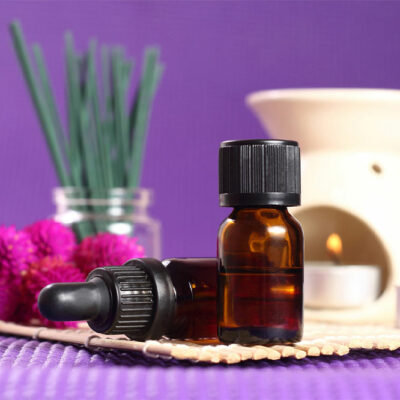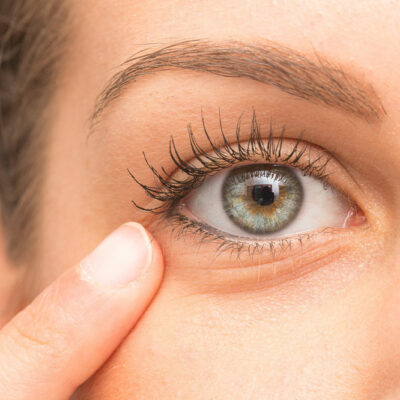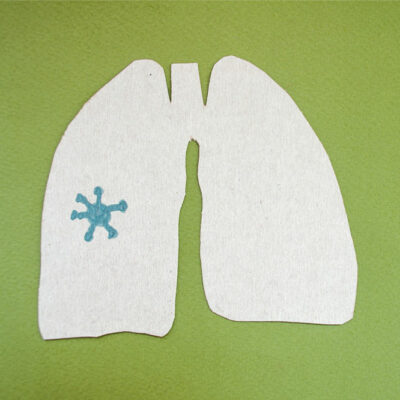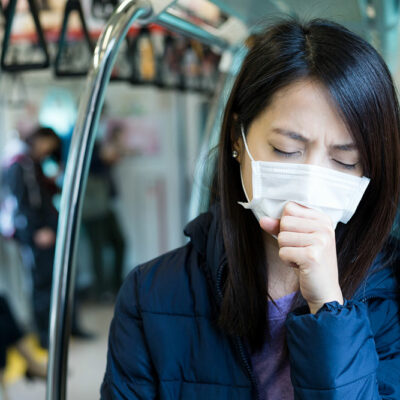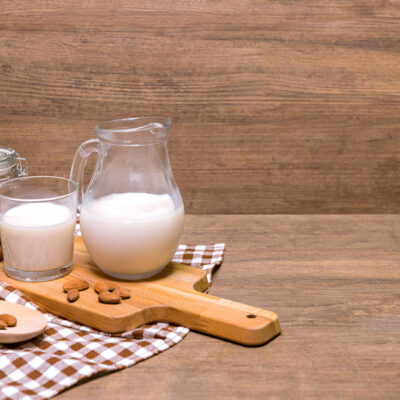
5 natural ways to strengthen bones
Osteoporosis is a condition in which the patient’s bones become brittle and porous. This increases the chances of getting bone fractures and experiencing joint pain. Sometimes bones become so brittle that coughing or bending over causes a fracture. Although osteoporosis does not have a permanent cure, there are ways to manage its symptoms and strengthen weakened bones. Listed in this article are some of the steps that can be taken to promote bone health naturally. Opt for calcium-rich foods Calcium plays an integral part in the maintenance of bone density for osteoporosis patients, which is why it needs to be incorporated in every meal. Dairy products are an ideal source of calcium. However, calcium-fortified food options like cereals, yogurt, juices, and more can be equally resourceful. Include physical activity In our fast-paced lives, physical activity often takes a backseat. This lack of daily physical activity can prove to be a concern, especially for patients with osteoporosis. Strength training or weight-bearing exercises like swimming, walking, running, hiking, and more are recommended by health care professionals. Eat vitamin-rich foods While vitamin D helps the body improve calcium absorption, vitamin K2 ensures that the absorbed calcium is not lost. Both these crucial components can be obtained from food.
Read Article 